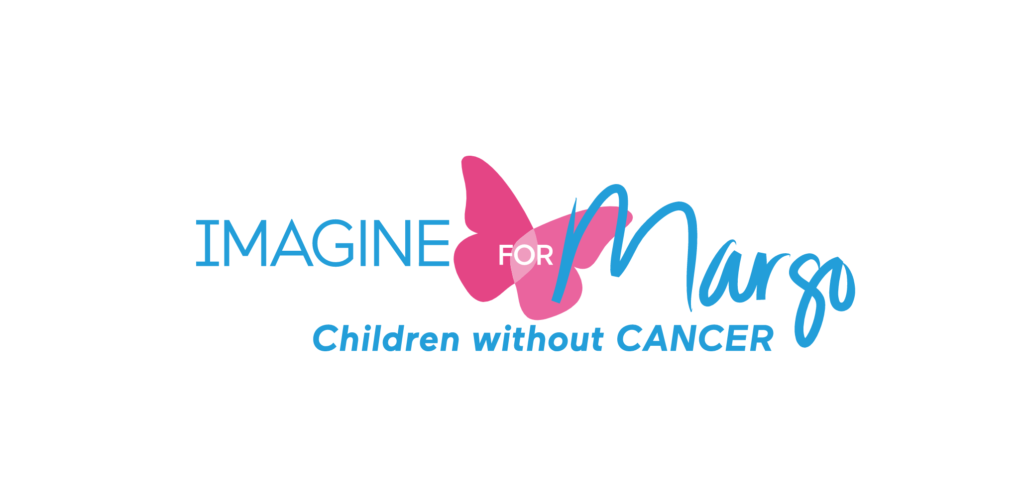The 8 new FIGHT KIDS CANCER research programs selected in 2024 for an amount of 10.7 million euros
You've been looking forward to them... Discover the research programs we will be running for in September - selected by the Fight Kids Cancer scientific committee: six independent international experts.
We are delighted to announce that 2 clinical trials and 6 translational research programs have been selected by independent experts for their scientific excellence, innovative originality and impact on children and adolescents, as part of our Fight Kids Cancer 2024 call for projects.
* ELICIT, Dr Jacques Grill, Gustave Roussy

- To create a platform for large-scale, more effective international immunotherapy trials, which will enable faster progress in the generation of new therapies for malignant gliomas, for which there are virtually no therapeutic options available today.
* REVIIH-BT, Pr Michael Reber, INSERM, France

- Brain tumors and their treatments often cause vision problems that greatly affect these children's quality of life. This international trial uses visual stimuli and virtual reality to improve the visual field of these children and adolescents, enabling them to enjoy a better quality of life.
* RADIO-MEDSCREEN, Dr Eddie Pasquier, Cancer Research Center, Marseille, France

- Medulloblastoma is the most common brain tumor in children. Although it is generally treated with radiotherapy, not all children respond to it, and the treatment can lead to significant sequelae. Thanks to innovative high-throughput methods, the previously unknown weak points of medulloblastoma will be sought out, and new combinations of drugs and radiotherapy will be developed to obtain more effective treatments and reduce toxicity and long-term side-effects for these children.
* MiMiC-Kids, Pr Florent Ginhoux, Gustave Roussy, France

- Diffuse midline gliomas are the childhood brain tumors with the poorest prognosis. This project uses 3D laboratory models created from patient tumor cells. These “avatars” will be used to test new therapies and combinations that could help children with these tumors and improve current treatments.
* FIGHT4MB, Pr Adriana Sánchez Danés, Champalimaud Foundation, Portugal

- Group 4 medulloblastomas are the most common type of medulloblastoma, but they are not yet well understood, and suitable treatments have yet to be developed. The aim of this project is to develop laboratory models that can realistically reproduce the disease in real patients, creating an ideal platform for studying these tumors and testing new treatments.
* EUROPE, Dr Kristian Pajtler, Children’s Cancer Center Heidelberg (KiTZ), Allemagne

- Ependymomas are the third most common brain tumor in children, and pose a problem due to the high risk of relapse. Researchers will study the peculiarities of recurrent tumors in order to find ways to target them and develop appropriate therapies to treat children with recurrent ependymomas, one of the greatest challenges in pediatric neuro-oncology, as no adequate treatment exists to date.
* ITCC-BrainTAP, Pr David Jones, Children’s Cancer Center Heidelberg (KiTZ), Allemagne

Although we know more and more about the molecular details of pediatric brain cancer, we have yet to translate this knowledge into new therapies and thus develop new strategies. The aim of this project is to efficiently systematize the process, which starts with identifying new weak points in tumors, testing therapies against these weak points in laboratory models, and setting up clinical trials for patients who will benefit from these treatments.
* SOUP, Pr Johannes Gojo, Children’s Cancer Center Heidelberg (KiTZ), Allemagne

- Liquid biopsy (study of the tumor from blood or other fluids) is a less invasive and highly effective means of diagnosing and monitoring childhood brain tumors. At present, neither the process nor the way in which the results of these studies are analyzed is standardized, making it very difficult to draw meaningful conclusions. The SOUP project aims to establish the best possible methodology for liquid biopsy in children with brain tumors, with a view to applying it universally and significantly improving the diagnosis and follow-up of these children.

